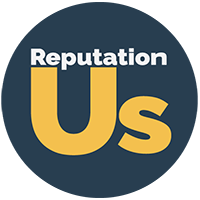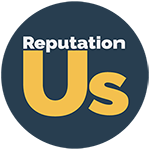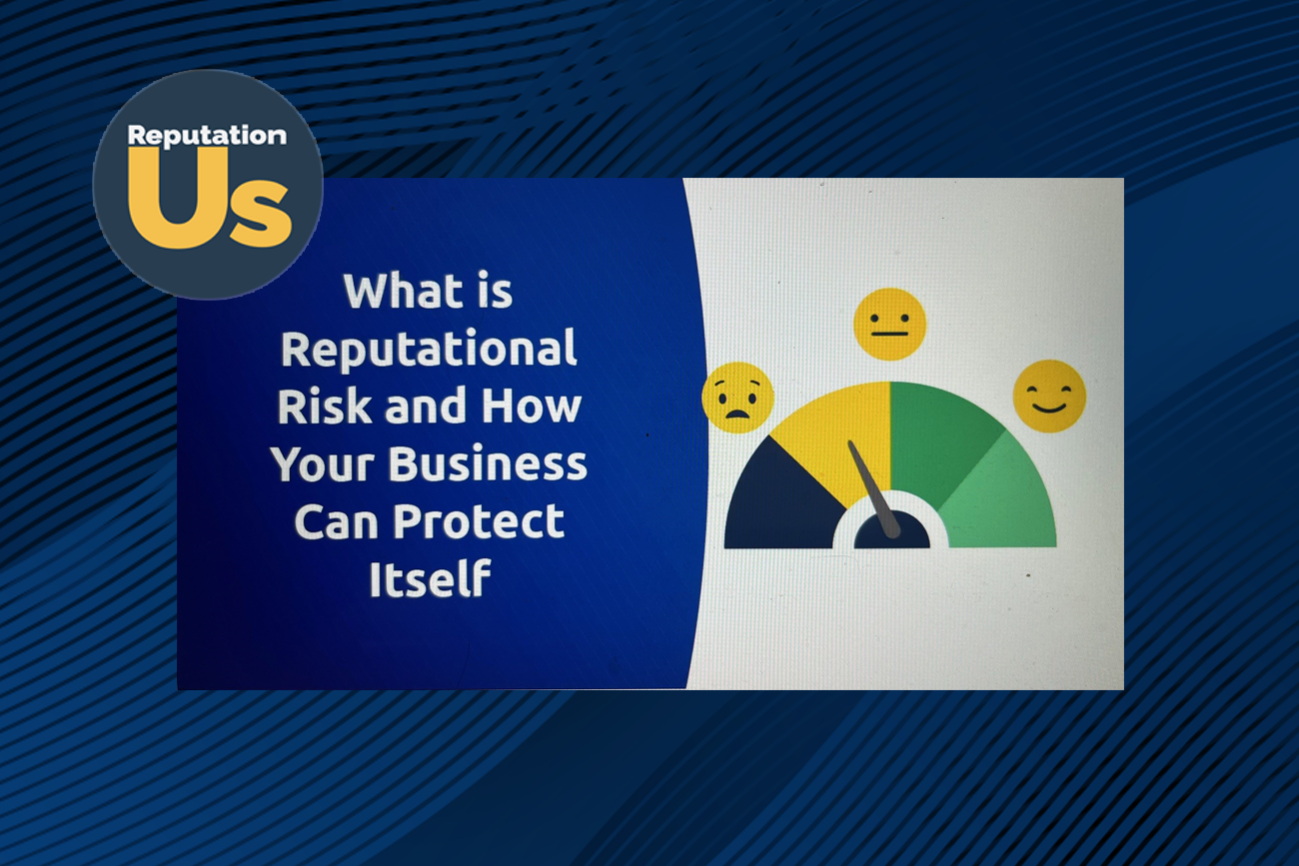The Tangible Value of Reputation Management
Your company’s reputation is not merely a reflection of your public image, but a tangible asset with measurable impact on the most essential aspects of your operations. This five-part series delves into the key areas where the concrete value of managing your reputation has clear business benefits.
In this second part, we investigate reputation value and risk. Part one explored the financials (see Part 1). Later series will explore 3) influencers and marketing; 4) customer loyalty; and 5) staff retention.
PART 2 (of 5) – Reputation Value and Risk
Insurance companies increasingly recognizing a solid corporate reputation as a valuable and insurable asset. Your company’s good name is one of your greatest assets. Tarnishing it may incur costs — including litigation costs, lost revenue, lost market value and marketing costs, according to Lloyds of London.
The 2023 Global Risk Management Survey published by Aon, a consulting firm that offers a range of risk-mitigation products, identifies “reputation risk” as one of the major risk concerns for companies — having consistently held a spot in the top-10 risks of the organization’s annual survey since 2007.
Risky Value
So how do you determine the value of your corporate reputation in order to mitigate potential risk to it? Two categories must be considered, according to Lloyds of London. The first is risk to the perception of your organization’s capabilities (e.g. what the public perceives your company is able to offer in the form of products and services). Second, the risk to the perception of your organizational character (i.e., the way your company engages with various stakeholders) must be protected.
As far as what this is worth to your company when it comes to managing your good reputation, consider:
- Globally, the total value of corporate reputations amounts to $16.77 trillion, according to AMO Strategic Advisors. This is based on the value of reputation accounting for 35.3 percent of the market capitalization of the world’s 15 leading equity market indices, according to the group’s 2020 corporate reputation value drivers report: “What price reputation?” (“Future-potential” sectors, such as technology, telecom and healthcare help drive the value up.)
- According to benchmark data published in 2020 by intangible-asset valuation service EverEdge, intangible assets (which it defines as ranging from data to brands to information, patents, and industrial know-how) account for more than 87 percent of all company value.
- Lloyd’s of London and KPGM found the importance of intangible assets has grown since 1975 from around 17 percent of S&P asset value to 80 to 85 percent today, with “reputation and brand” identified as one of the most important intangible assets. Their August 2020 report, “Protecting Intangible Assets: Preparing for a New Reality,” identifies “reputation and brand” as encompassing employment practices; social issues; corporate conduct; civic responsibility; charity / philanthropy; and environmental stewardship.
Organizations that are the most advanced in their reputation management use proactive methods, according to the report. Boards of such organizations are increasingly interested in their reputation value and want to understand how to measure it. They also “horizon-scan” regularly to stay aware of significant social movements.
Your company’s reputation holds true value with risks that may come through negative publicity, scandals or crises that can impact your revenue and stakeholder loyalty. While many insurance companies do insure reputational risk, relying on a policy without pre-planning can be a false investment in your reputation.
Engaging ReputationUs to create a solid crisis communications plan, then planning and training ahead of time for vulnerabilities and potential issues, can help mitigate risk and protect your overall reputation.
Next Part…Influencers & Marketing.








